The event marks the return of a scholar whose career has spanned data science, biostatistics and artificial intelligence. His youth also reflects a complex interweaving of intellectual passion and political commitment.
Youth and career turning points
In 1988, Liu Jun transferred from Rutgers University (New Jersey) to the University of Chicago, studying under the guidance of statistician Wang Xinghuang.
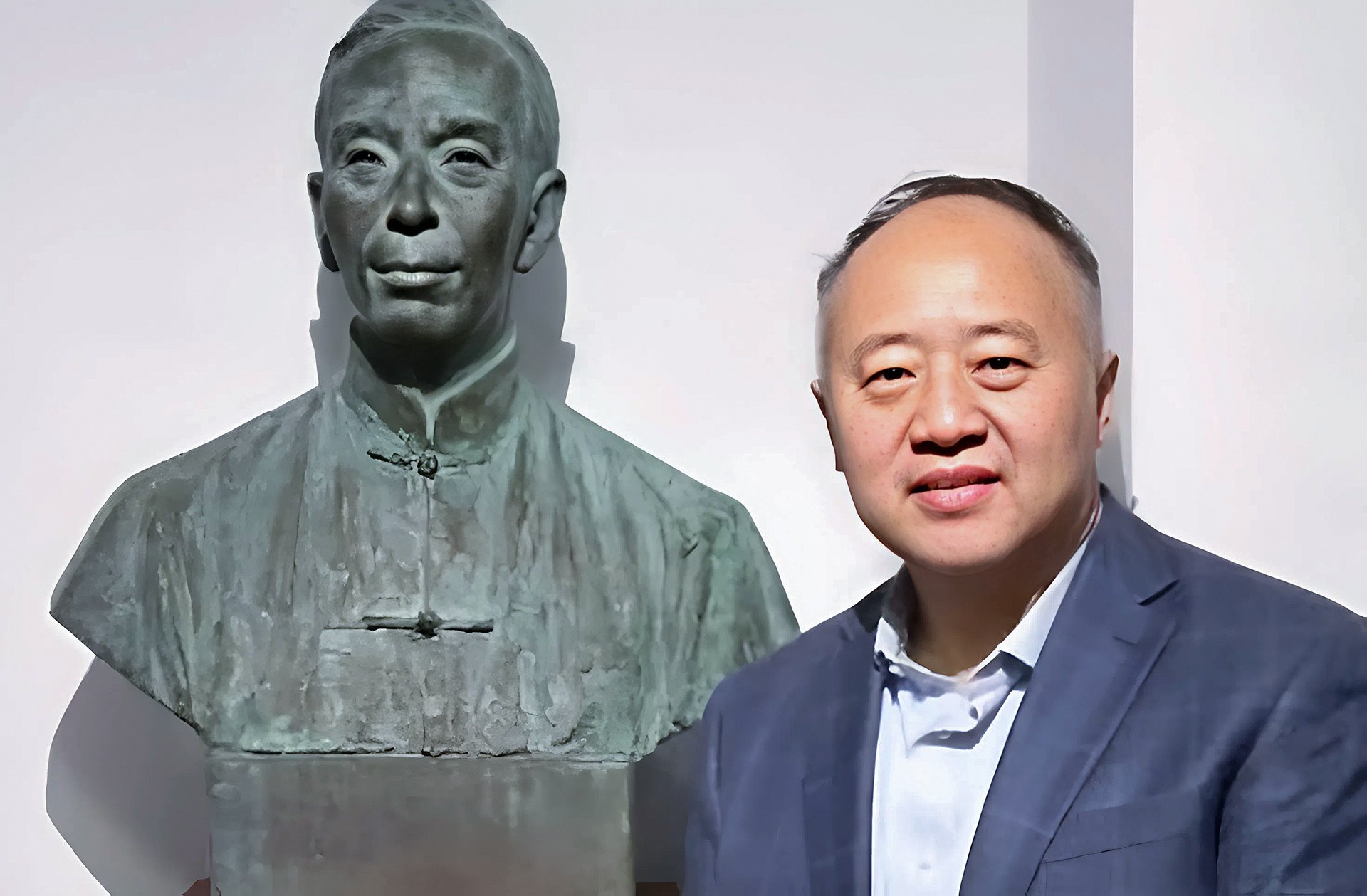
“I didn’t want to do math just to conquer it,” he said in a 2001 interview with the Harvard Gazette . “I wanted to connect it to reality. I didn’t understand what statistics was, but that was what attracted me.”
Become an international scientist
Born on the campus of Tsinghua University, where his father taught, Liu Jun became fascinated with mathematics at the age of 12, despite the lack of books and learning equipment at the end of the Cultural Revolution. “Mathematics was like a game, requiring only paper and pen. Every Sunday I would cycle for an hour to meet my friends to solve problems,” he said.
After graduating from the Department of Mathematics at Peking University (1985), he received a scholarship to study in the United States. Language was the biggest barrier, but his talent for mathematics helped him overcome it. He recalled: “Fortunately, just understanding the formulas was enough. I often got an A even though I didn’t understand the whole lecture.”
In 1991, after only three years of studying in Chicago, he successfully defended his doctoral thesis in Statistics and was immediately invited by Harvard to become an assistant professor. He then taught at Stanford, becoming an associate professor and then a professor. In 2000, he returned to Harvard as a full professor of Statistics.
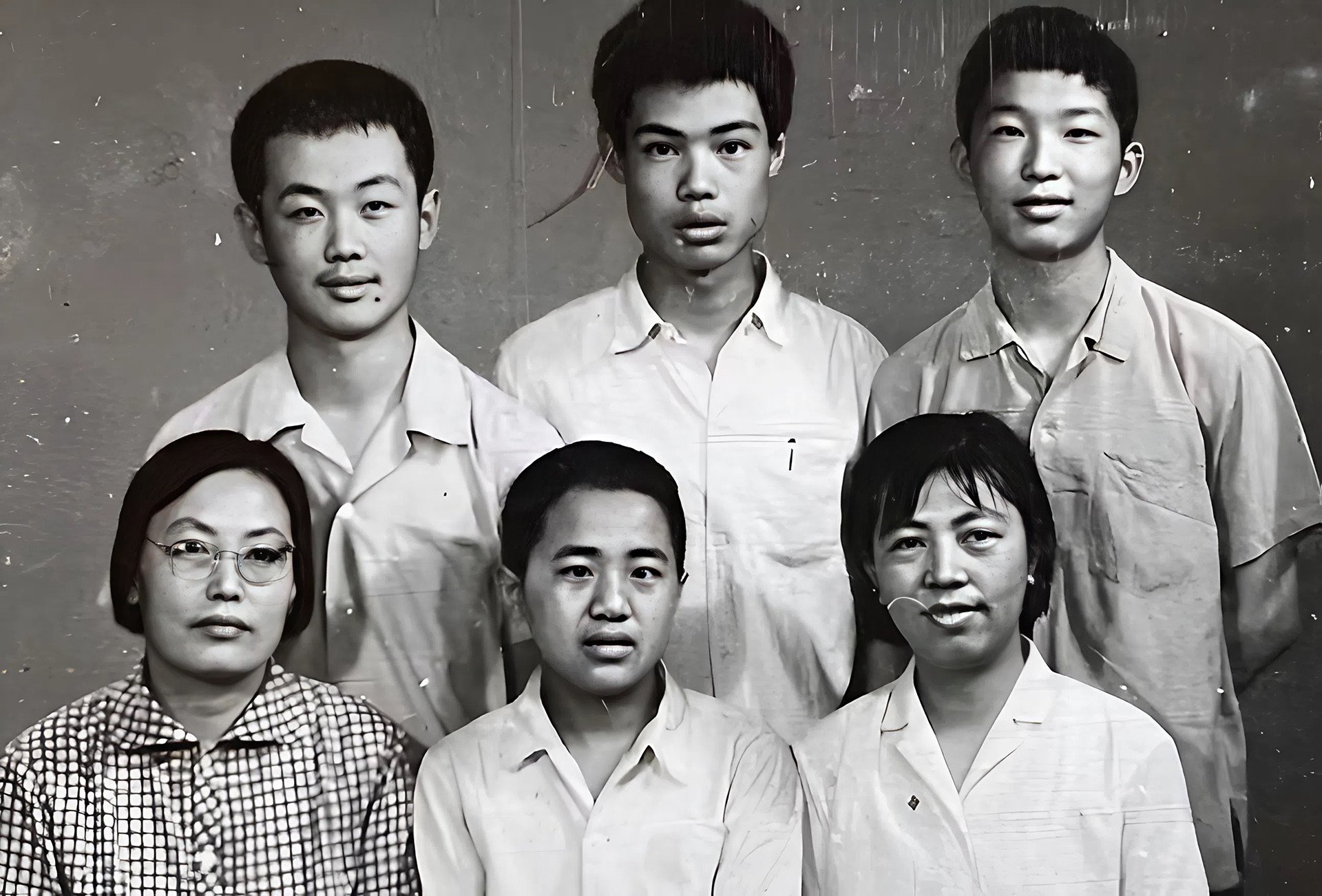
During his career, Liu Jun focused on research in bioinformatics, biostatistics and computational biology, making many contributions to big data processing and machine learning. He was awarded many prestigious awards such as the COPSS Presidents' Award (2002), the Morningside Medal in Applied Mathematics (2010), and the Pao-Lu Hsu Prize (2016). In 2005, he became a member of the American Statistical Association and in May 2025, was elected to the US National Academy of Sciences.
Attached to the homeland
Although based in the United States, Liu Jun has maintained close ties to his homeland. In 2005, he became a visiting professor at Tsinghua University; in 2015, he founded the university’s Center for Statistics and served as its honorary director. Last year, he served as director of the Development Committee, promoting the establishment of the Department of Statistics and Data Science, attracting international talent.
His intention to return home had been there for a long time. In 2010, at a Beijing alumni forum in New England, he admitted that he had “roots” in China and was attracted by the country’s economic development, but was hesitant because his children were studying in the US.
Fifteen years later, as China emerged as a technology powerhouse and the US slashed research funding – especially under the Trump administration, when many projects at Harvard stalled – he decided to return.
Return to Thanh Hoa
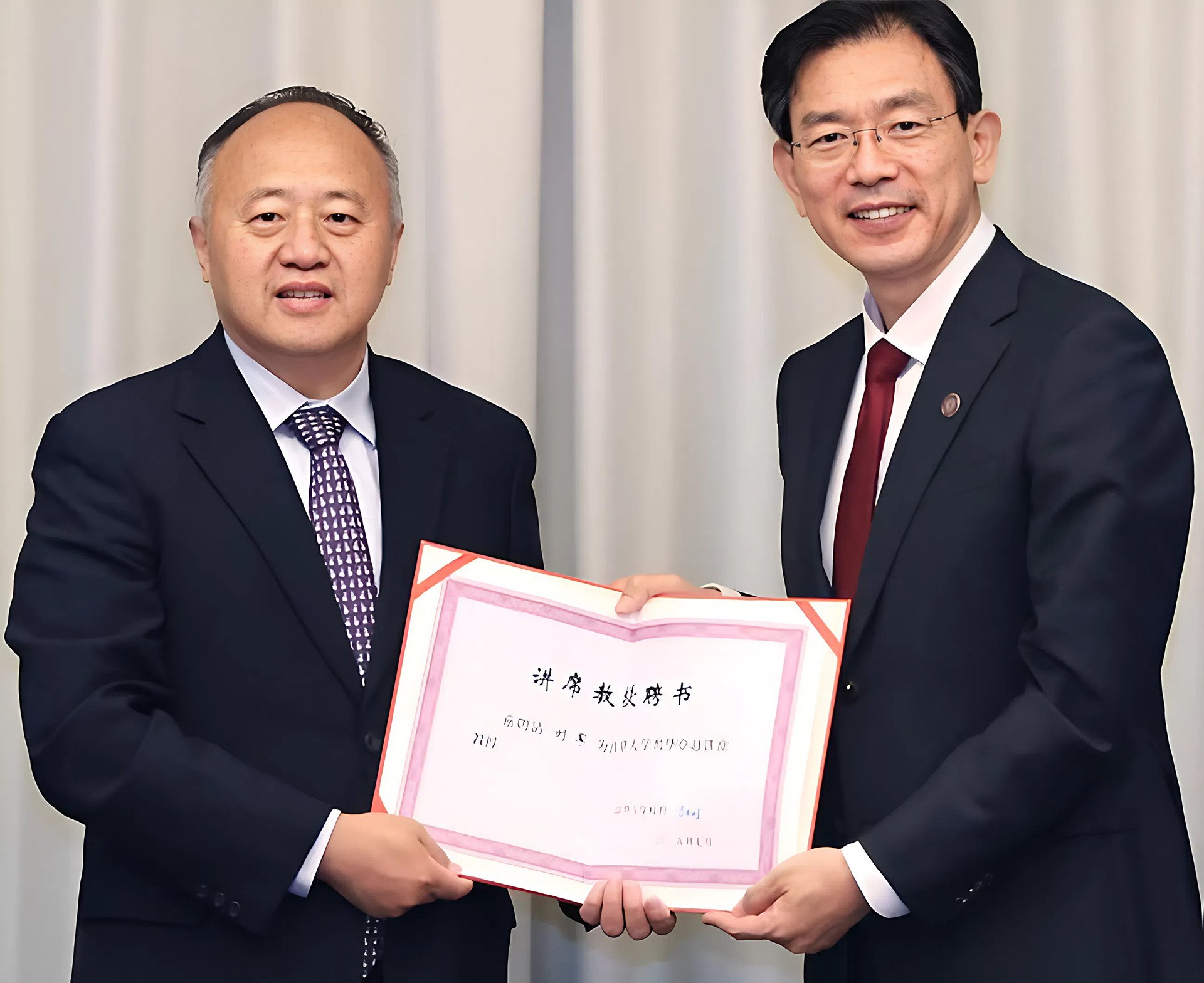
According to SCMP , on August 30, Tsinghua University held a solemn appointment ceremony with the participation of Party Secretary Qiu Yong and President Li Luming. Mr. Liu Jun was awarded the title of “Tsinghua Elite Special Professor”, previously only two scientists returning from abroad had been honored.
Speaking at the ceremony, Professor Liu Jun said: “The decision to return comes from my love for education, science and patriotism. Statistics and data science are the foundation of artificial intelligence, which has great prospects.”
On July 10, Tsinghua officially established the Department of Statistics and Data Science, which is considered a strategic step to strengthen the academic structure, serving the national strategy on big data, AI development and the process of “Digital China”.
Source: https://vietnamnet.vn/mathematics-professor-of-harvard-roi-my-ve-nuoc-dau-quan-cho-dh-thanh-hoa-2440465.html




![[Photo] President of the Cuban National Assembly visits President Ho Chi Minh's Mausoleum](https://vphoto.vietnam.vn/thumb/1200x675/vietnam/resource/IMAGE/2025/10/1/39f1142310fc4dae9e3de4fcc9ac2ed0)
![[Photo] Keep your warehouse safe in all situations](https://vphoto.vietnam.vn/thumb/1200x675/vietnam/resource/IMAGE/2025/10/1/3eb4eceafe68497989865e7faa4e4d0e)

![[Photo] Hanoi morning of October 1: Prolonged flooding, people wade to work](https://vphoto.vietnam.vn/thumb/1200x675/vietnam/resource/IMAGE/2025/10/1/189be28938e3493fa26b2938efa2059e)
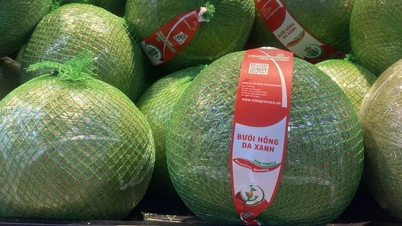

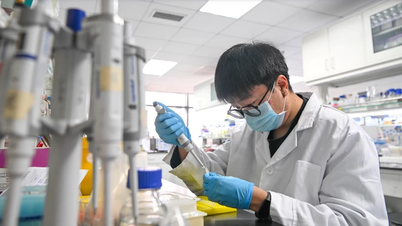


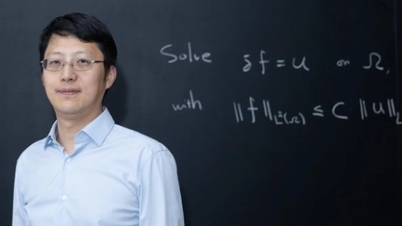






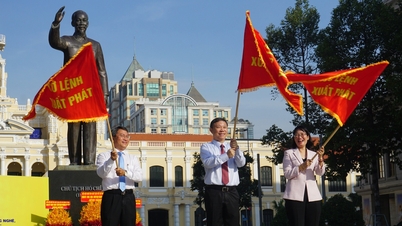











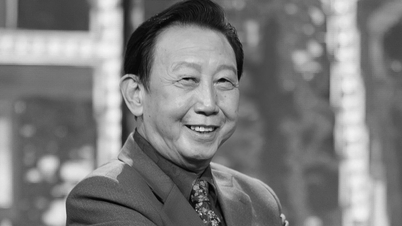











































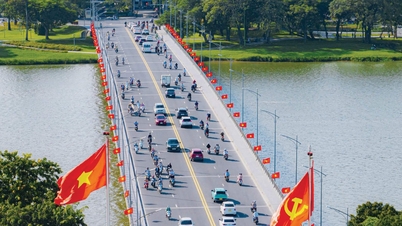





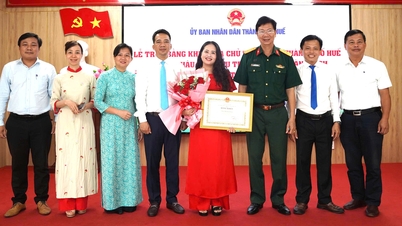














Comment (0)